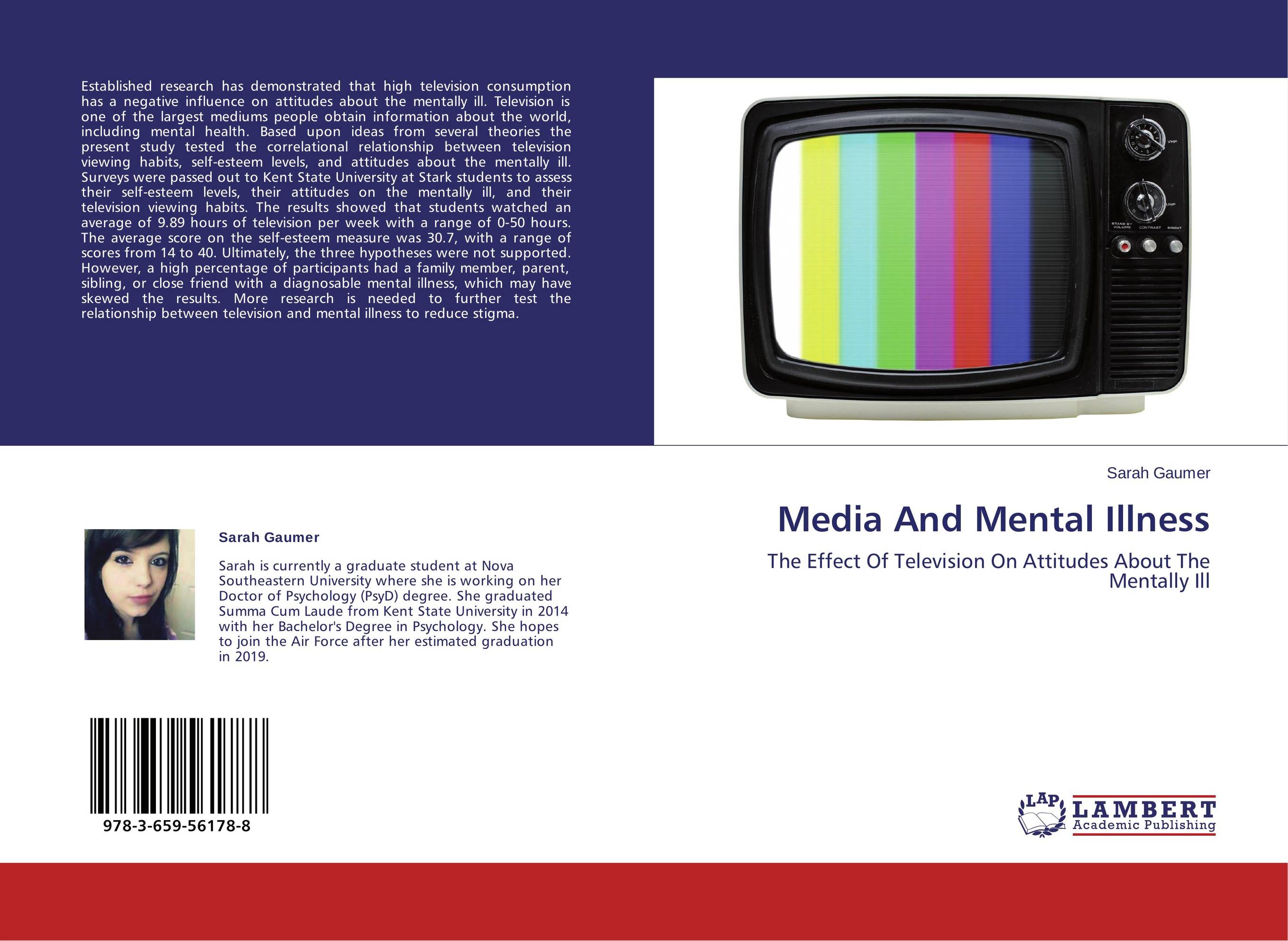| Поиск по каталогу |
|
(строгое соответствие)
|
- Профессиональная
- Научно-популярная
- Художественная
- Публицистика
- Детская
- Искусство
- Хобби, семья, дом
- Спорт
- Путеводители
- Блокноты, тетради, открытки
Media And Mental Illness. The Effect Of Television On Attitudes About The Mentally Ill

В наличии
| Местонахождение: Алматы | Состояние экземпляра: новый |

Бумажная
версия
версия
Автор: Sarah Gaumer
ISBN: 9783659561788
Год издания: 2014
Формат книги: 60×90/16 (145×215 мм)
Количество страниц: 80
Издательство: LAP LAMBERT Academic Publishing
Цена: 23919 тг
Положить в корзину
| Способы доставки в город Алматы * комплектация (срок до отгрузки) не более 2 рабочих дней |
| Самовывоз из города Алматы (пункты самовывоза партнёра CDEK) |
| Курьерская доставка CDEK из города Москва |
| Доставка Почтой России из города Москва |
Аннотация: Established research has demonstrated that high television consumption has a negative influence on attitudes about the mentally ill. Television is one of the largest mediums people obtain information about the world, including mental health. Based upon ideas from several theories the present study tested the correlational relationship between television viewing habits, self-esteem levels, and attitudes about the mentally ill. Surveys were passed out to Kent State University at Stark students to assess their self-esteem levels, their attitudes on the mentally ill, and their television viewing habits. The results showed that students watched an average of 9.89 hours of television per week with a range of 0-50 hours. The average score on the self-esteem measure was 30.7, with a range of scores from 14 to 40. Ultimately, the three hypotheses were not supported. However, a high percentage of participants had a family member, parent, sibling, or close friend with a diagnosable mental illness, which may have skewed the results. More research is needed to further test the relationship between television and mental illness to reduce stigma.
Ключевые слова: Television, Self-Esteem, Media, Television, Self-Esteem, Social Identity Theory, self-esteem hypothesis



